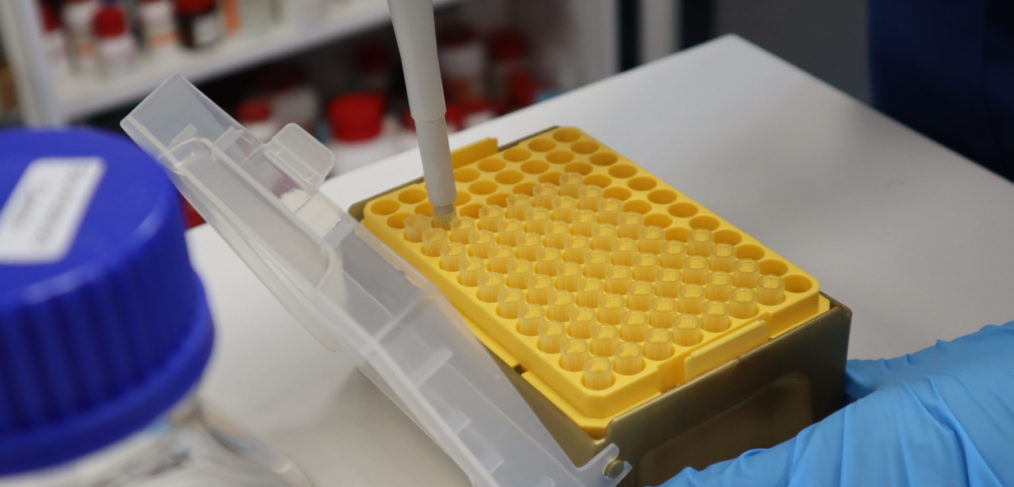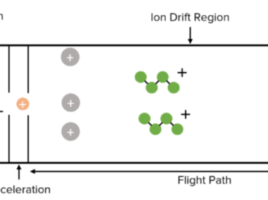
Bile Salts: An Overview
What are bile salts?
Bile salts are a primary component of bile, which is a yellowish-green fluid produced by the liver and stored in the gallbladder.
Function of bile salts
Bile salts aid in fat digestion, elimination of toxins and absorption of fat-soluble vitamins such as A, D, E, and K (1).
How are they created?
Bile salts are derived from cholesterol and produced by hepatocyte cells in the liver. When an alkaline substance comes into contact with an acid, a neutralising reaction occurs. This reaction yields water and the chemical salts known as bile salts (1).
What happens when your body does not produce enough bile salts?
If these fat-soluble vitamins aren’t absorbed properly, they will accumulate in the colon leading to consequences such as diarrhoea, stomach cramps, weight loss and erratic bowel movements (1).
This can happen to people who had their gall-bladder removed and have a bile salt deficiency. Moreover, other conditions such as inflammatory bowel disease can lead to this deficiency. If this is not treated, there is a risk of developing kidney stones and gallstones.
Supplements can be taken to improve symptoms and drinking water will also be beneficial (water makes up about 85 percent of bile) (1).
Our work
We offer analysis of bile salts in human plasma. To send your samples, contact us here.
References
- Healthline. Bile Salts in your body: Function, Benefits, and More. (Internet) (Cited on 1st December) Available from: https://www.healthline.com/health/bile-salts#function


